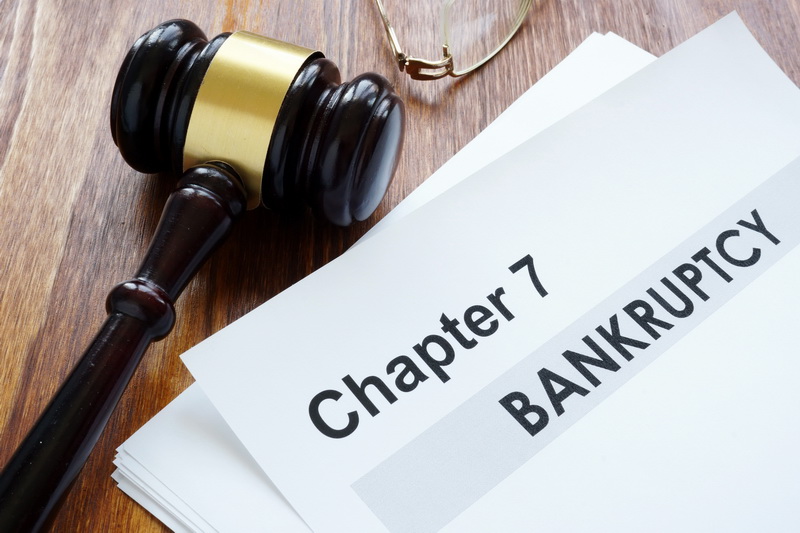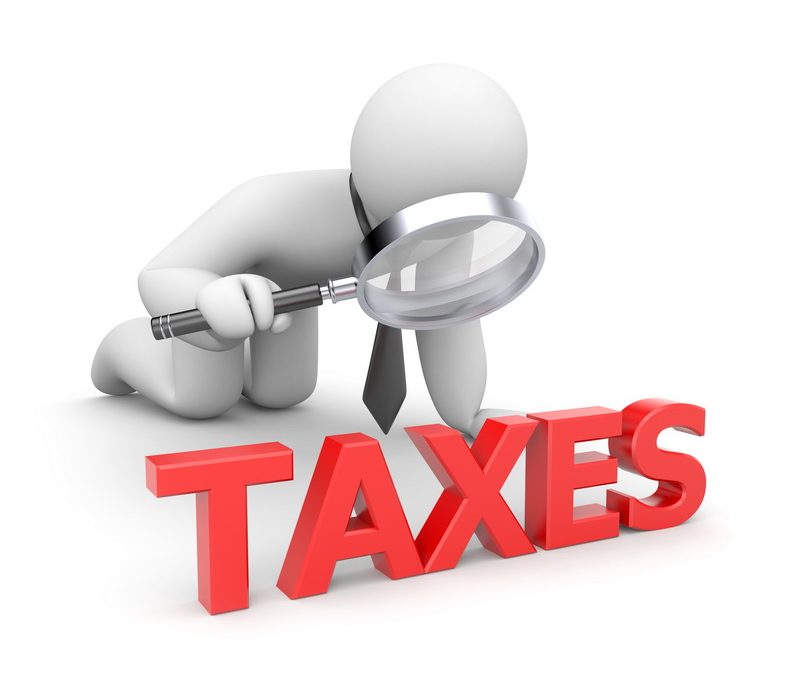
Nov 10, 2019 | Bankruptcy
A Fresh Start
A Chapter 7 Bankruptcy is also called a straight Bankruptcy. It allows those who file and complete their case a financial “Fresh Start.”
How Long Does Chapter 7 Bankruptcy Take
From start to finish, a Chapter 7 lasts four months. Once a case is filed, a meeting of creditors is set. The person who files a Chapter 7 case must appear at their meeting of creditors about 4-5 weeks later. If they do everything correctly and on time, they only have to go to Court once and then they obtain their Discharge.
No Asset Cases in Chapter 7 Bankruptcy
At the Meeting of Creditors, the person who files for bankruptcy is examined under oath by the Chapter 7 Trustee. The Trustee’s job is to make sure all applicable provisions of the Bankruptcy Code are complied with and to administer the bankruptcy estate. Most Chapter 7 cases go very quickly as there are no assets to be administer by the trustee. This is called a “no asset” case.
The Discharge means that there is no longer any debt owed with a few exceptions. If they own a car, they get to keep that so long as they continue to make payments on it, that debt is not discharged.
Bankruptcy Process
Here at Marshall and Associates, we make this whole process as easy as possible from our Middle Tennessee location. Once we are provided with all required documents a Bankruptcy Petition and Schedules are prepared. Once that is accomplished, our client will come in and sit down with the attorney and go over all the documentation to ensure it is accurate and complete. Then the case is file.
We attend all court hearings with our clients, explain the process to them in detail, and are available to them to answer any questions they may have, or address any concerns.
Hear is what our client Amanda C has to say about her experience.
“Thank you so much for your help with my case and your great advice. I’m glad this chapter is over with. You have been an excellent attorney and I’m so glad I hired you to represent me.”

Aug 8, 2019 | Bankruptcy
How does this work?
I have been a bankruptcy lawyer for over 26 years, and I am still amazed at the misunderstanding that tax debt and bankruptcy never meet. Nothing could be further from the truth.

Can Tax Debt Be Addressed in Bankruptcy?
So let me clear up some confusion and set the record straight about a few things. We will start with the basics. Anyone who has any type of tax debt can always use the bankruptcy system to manage that debt. Tax debt can be addressed in both Chapter 7 Bankruptcy as well as Chapter 13 Bankruptcy.
One of the most common clients who has any type of tax debt often owns a small business, or who was previously involved in a business. Take Real Estate Agents, for an example. Real Estate Professionals typically are not employees of a brokerage house; they are independent contractors. That means they are responsible for paying their quarterly taxes, and oftentimes do not set aside any of their paid commissions to address the income tax debt.
Consequently, Real Estate Professionals can get themselves in tax debt one year after another until such time as the IRS really puts the pressure on them. This also happens with the independent mechanic, truck driver, hair salon owner, and Chiropractor, to name a few.
Discharging Tax Debts in Bankruptcy
So here are the basic rules regarding the discharge process of tax debt:
- Person filing bankruptcy must have filed the tax return
- Tax debt has to have been assessed
- Tax debt must have been in a collection status for at least three years
In order to Discharge tax debt, the person must have filed the tax return themselves. The tax debt would have had to been assessed and must have remained in a collection status for 3 years or more. Then, potentially, the tax debt could be Discharged just like credit card debt.
If, however, the tax debt did not fall within the above guidelines, then the tax debt still could be addressed as part of a personal restructuring payment plan in a Chapter 13 Bankruptcy.
As part of my due diligence review of a case, I have the client that has tax debt obtain tax transcripts from the IRS. Then, I can determine how the tax debt can be handled.
For those who have put off filing taxes, under extension or not, it is important to have a definitive plan on how to address your tax debt in the event you know a tax liability will be assessed once the tax return is filed.
Attorney D.J. Rausa is a practicing bankruptcy attorney for Marshall & Associates, PLLC in Mount Juliet, Tennessee.
He welcomes your questions about bankruptcy or student loan debt. Call the office for a free consultation at (615) 885-4335

Jul 11, 2019 | Bankruptcy
Things You Get to Keep in Bankruptcy

When Attorney DJ Rausa interviews clients, one question that is always asked is “What can I keep?” There is this fear in bankruptcy that you will lose everything and that is simply not the case.
Everyone who files bankruptcy can keep their property so long as the value of the property falls within the limits of the Tennessee State Exemptions. This means that certain property is excluded from attachment by the creditors and the Bankruptcy Trustee.
The Tennessee Exemption limitations are very specifically spelled out in the law and as a bankruptcy attorney, I want to make sure that you get to keep all the things you want. For an example, if you want to keep your car, and your car is paid off, then we really have to look at the fair market value of the car. If, however, the vehicle is not paid off, and the value is less than what is owed, you can keep the vehicle so long as you make the payments. If there is actual equity in the vehicle, then a detailed analysis has to be done, to include, establishing a dependable fair market value of the vehicle you wish to retain.
Homestead Exemptions
A Homestead Exemption applies to the equity you have in a parcel of real property that you live in, such as your home or your farm.
Again, there are limitations associated with the net equity you can claim as exempt in a parcel of real property. If the net equity of in the land exceeds the Homestead Exemption Limits, then a Chapter 7 Bankruptcy would not be a good option because the property would be at risk to be sold by the Chapter 7 Trustee. It does not mean Bankruptcy is not an option because a Chapter 13 Bankruptcy would be more appropriate in those circumstances.
There are also limitations to the amount of money that can be kept in a bank account, the amount of jewelry, and all other personal property.
How the Process Works
During the bankruptcy process, Attorney D.J. Rausa will review all assets as well as all liabilities to ensure that the client keeps all wanted property and that all the property falls within the limitation of the Exemptions.
Presently, the Exemption Limits on all personal and real property in the State of Tennessee are set low. Meaning that there is not a lot of protection. For an example, the limitation on a home that is owned by an unmarried person, under the age of 62 is only $5,000.00. In today’s real estate market, that value is typically exceeded. A chapter 13 bankruptcy would be the only viable option.
Changes in the Federal Bankruptcy Law
The Exemption Limits are in the process of being reviewed by both the State House and the State Senate. Two bills were introduced last year, SB 0399 and House Bill 0236. Both have been sent to the Judiciary Committee and are scheduled to be heard the first quarter of 2020.
We will keep you updated on any developments.
Attorney D.J. Rausa




